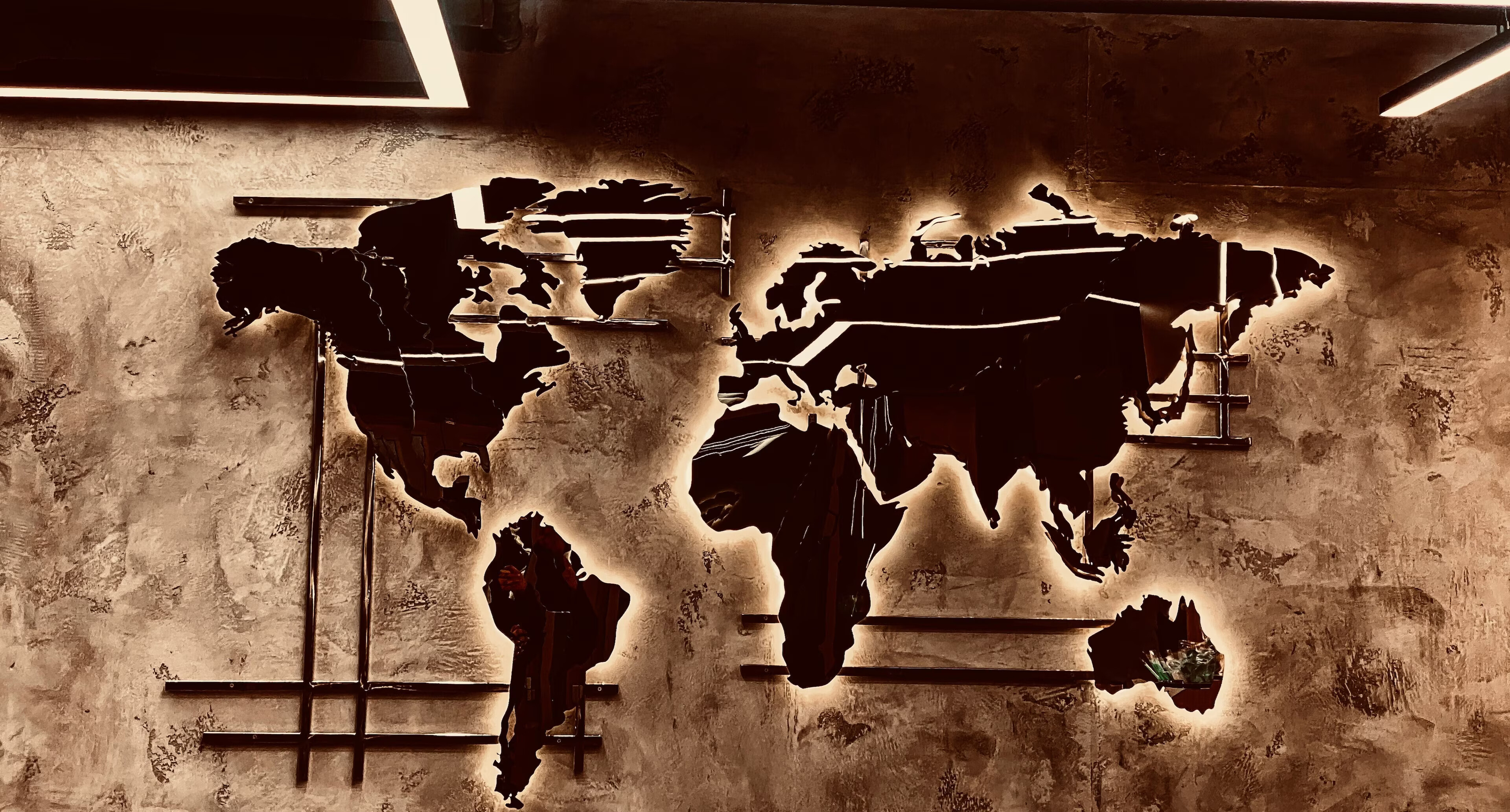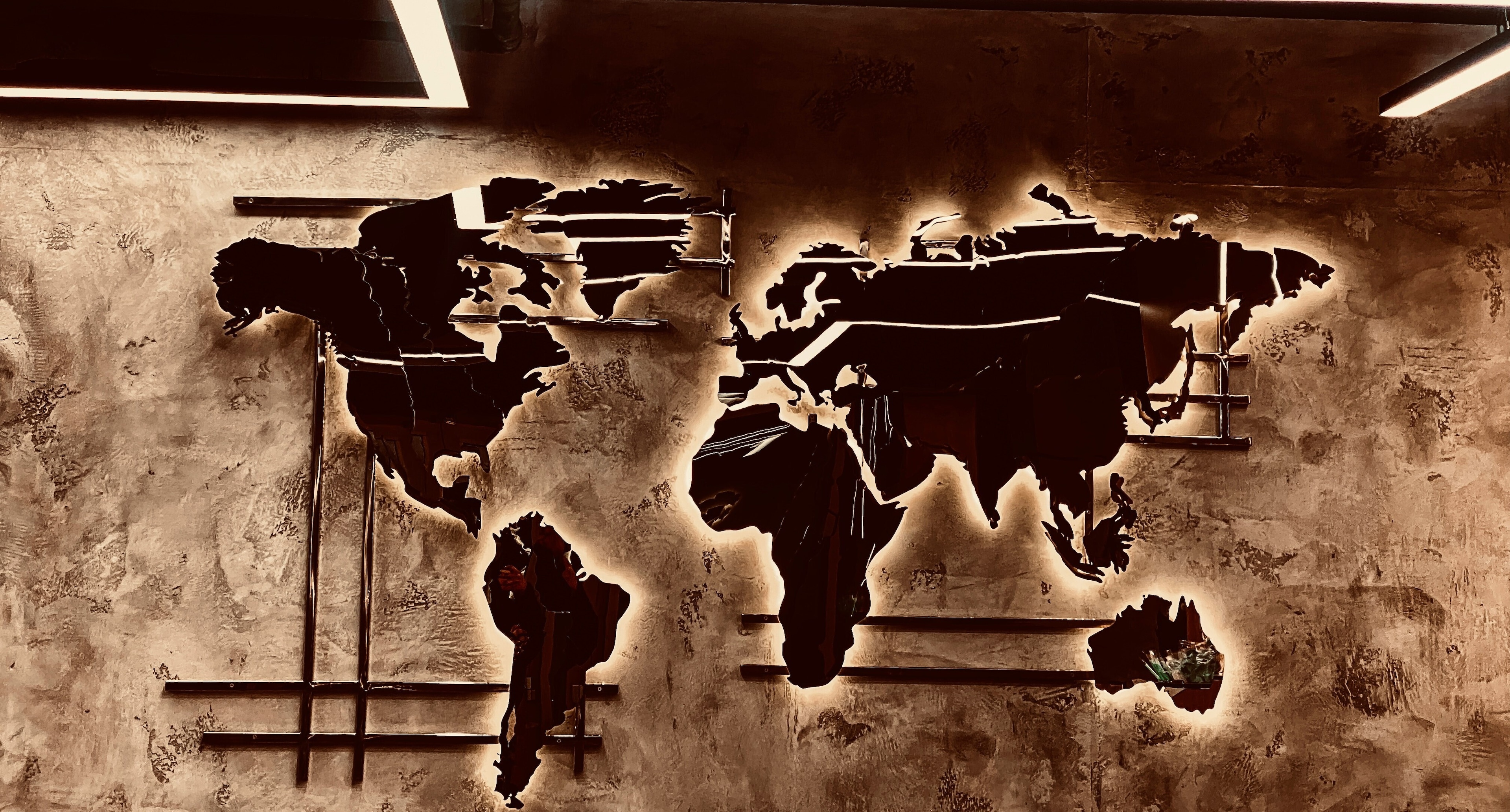
地政学的変動の時代に、企業の果たす重要な役割とは
近年、地政学は商業的成果形成においてますます重要性を増しています。国家安全保障を背景とした貿易政策や地政学的な変動は、従来の経済サイクルよりもインフレや供給網の混乱を大きく引き起こす要因となっています。さらに、世界はますます地域化、ローカル化しており、ブレトン・ウッズ体制のような国際的な合意は過去のものとなりつつあります。
Sofiane Khatib provides guidance to Trafigura's top management on the business impact of shifting geopolitical dynamics. In addition he gives project specific tactical advice across Trafigura's trading activities (crude, refined products, LNG, ammonia, critical metals) and industrial assets (smelters, mines, terminals, shipping). Sofiane is also a member of the Council on the Future of Geopolitics of the World Economic Forum.
1999, Bachelor in Business Administration, ICADE (E-2), Spain; 2005, Master's in International Policy Studies, Stanford University; 2004, Graduate Fellow, Stanford Center on International Conflict and Negotiation, Stanford Law School; 2009, Master's in Global Leadership, World Economic Forum. 1998, Analyst, Roland Berger & Partners; 1999, Consultant, Wolff-Olins; 2000-03, Senior Consultant, Booz Allen Hamilton; Advisor to the Spanish government 2005-06. 2006-14 with the World Economic Forum as Community Manager, Associate Director and Director; Member of Veon's Advisory Board on Algeria 2015-16. Since 2014 Strategic Advisor at Trafigura.
近年、地政学は商業的成果形成においてますます重要性を増しています。国家安全保障を背景とした貿易政策や地政学的な変動は、従来の経済サイクルよりもインフレや供給網の混乱を大きく引き起こす要因となっています。さらに、世界はますます地域化、ローカル化しており、ブレトン・ウッズ体制のような国際的な合意は過去のものとなりつつあります。
In recent years, geopolitics has become increasingly relevant in shaping commercial outcomes. National security-driven trade policies and geopolitical volatility are bigger drivers of inf...
